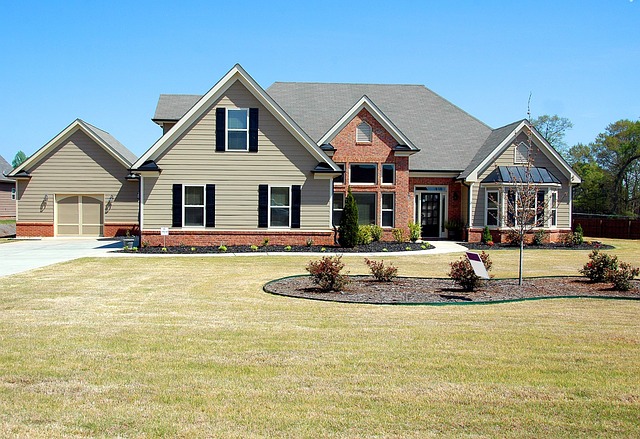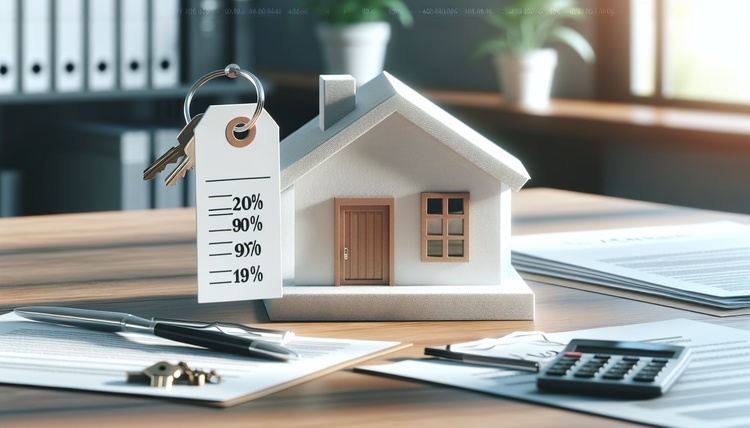Understanding the Impact of Interest Rates on Real Estate Investments
Interest rates play an integral role in the real estate market, influencing property values, investment strategies, and purchasing decisions. As a real estate enthusiast, understanding these dynamics can give you a competitive advantage, whether you're buying a home or investing in property. This article will explore how interest rates affect the real estate market and what you need to know to navigate these complexities.

The Interplay Between Interest Rates and Real Estate
Interest rates are the cost of borrowing money, set by a country’s central bank. They directly impact the real estate market because they determine mortgage rates - the interest you pay on a house loan. When interest rates are low, borrowing money becomes cheaper, encouraging people to buy homes or invest in properties. Conversely, high interest rates make mortgages more expensive, potentially discouraging people from entering the market.
How Interest Rates Affect Property Values
Interest rates and property values have an inverse relationship. When interest rates drop, property values typically rise. This is because lower mortgage rates increase the number of potential buyers, driving up demand and, consequently, prices. On the other hand, when interest rates rise, property values may decline due to decreased demand. However, this is not a hard and fast rule. Other market factors, like supply and demand dynamics, can also impact property values.
Interest Rates and Real Estate Investors
For real estate investors, interest rates can significantly affect investment returns. Lower interest rates can increase property values, leading to capital gains. They also reduce the cost of borrowing, making it cheaper to finance property purchases or renovations. However, they can also lead to higher prices and fiercer competition for properties.
In contrast, higher interest rates can dampen property values, potentially leading to capital losses. They increase the cost of borrowing, making investments more expensive to finance. However, they can also create opportunities for savvy investors who can negotiate lower prices in a slower market.
The Broader Economic Picture
While focusing on interest rates is crucial, it’s also essential to consider the broader economic picture. Factors like employment rates, inflation, and economic growth can also significantly impact the real estate market. For instance, if the economy is strong and people feel confident about their job security, they might be more likely to buy homes despite higher interest rates.
Navigating Interest Rate Changes
Understanding how interest rates affect the real estate market can help you make more informed decisions. If you’re a buyer or investor, you might want to take advantage of low interest rates to secure a cheaper mortgage. However, be mindful of potentially higher property values and competition.
If interest rates are high, it might make sense to hold off on purchasing until they drop. However, if other economic indicators are strong, it might still be a good time to buy. The key is to consider all the factors at play and make a decision that aligns with your financial goals and risk tolerance.
In conclusion, interest rates have a profound impact on the real estate market, influencing property values and investment strategies. By understanding these dynamics, you can navigate the market more effectively and make decisions that align with your financial objectives.




